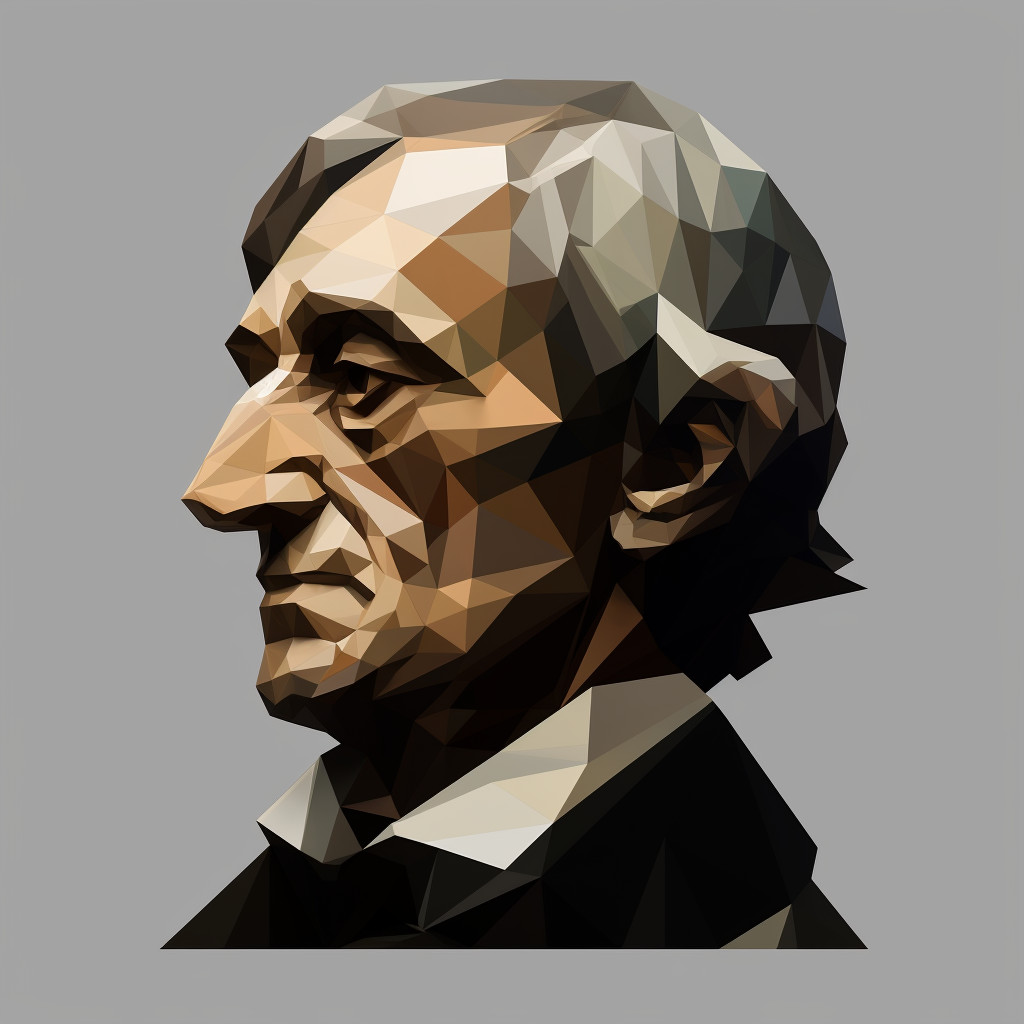This quote suggests that money, in and of itself, has no intrinsic value. It is a medium of exchange, a tool that we use to acquire goods, services, or experiences. Money can’t do anything on its own; it requires someone to spend it. The value of money, then, is not inherent in the money itself but in how it is used.
The second part of the quote implies that the worth of money is determined by the spender’s skill. This could refer to financial literacy, the knowledge and understanding of financial matters, which allows a person to make informed and effective decisions with their financial resources. It could also refer to the spender’s wisdom, discipline, and values. For instance, someone might use their money to invest in education, personal growth, or helping others, which could be considered a ‘skillful’ use of money.
Applying this idea in today’s world, we often see people equating money with happiness or success. However, this quote reminds us that money is just a tool that enables us to do things. It’s not the money itself that brings happiness or success, but what we do with it. For example, someone could use their money to start a business they’re passionate about, support a cause they believe in, or provide for their loved ones, creating a sense of fulfillment and happiness that simply having money could not provide.
In terms of personal development, this quote could inspire us to improve our financial literacy, to make more informed decisions about how we use our money. It could also encourage us to reflect on our values and priorities, to ensure that the way we spend our money aligns with what’s truly important to us. Instead of focusing on simply accumulating more money, we might focus on using the money we have in a way that contributes to our personal growth and well-being, and to the well-being of others.









